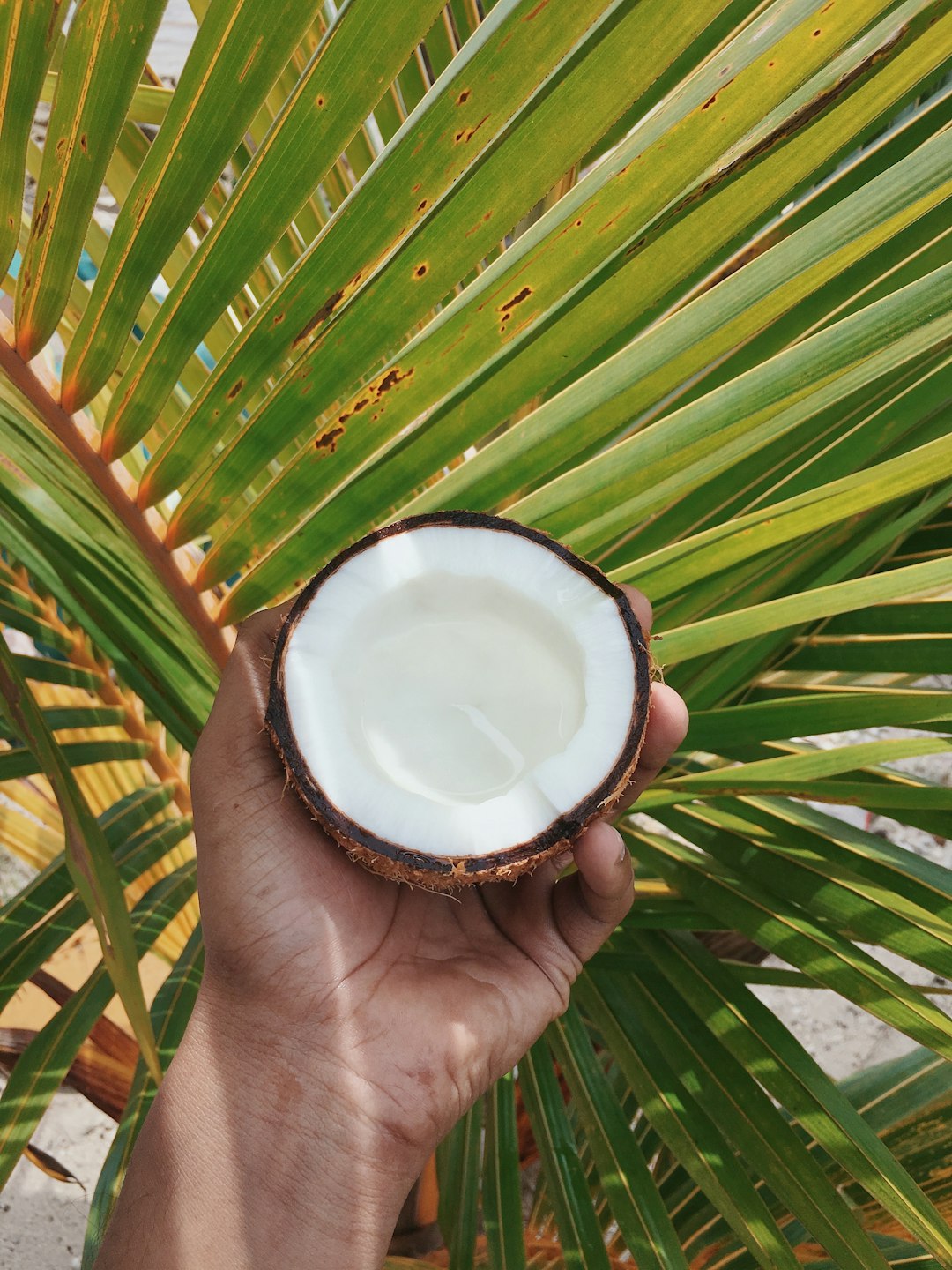Is Coconut Water Good for Health?
Coconut water—the clear liquid found inside young, green coconuts—has become a popular beverage that’s often marketed as a natural sports drink. Below is a balanced look at what the science says.
1. Nutritional Snapshot (per 240 mL / 8 fl oz)
| Component | Approx. Amount |
|---|---|
| Calories | 45–60 kcal |
| Carbohydrates | 9–15 g (mostly natural sugars) |
| Protein | < 2 g |
| Fat | < 1 g |
| Potassium | 400–600 mg (≈10–15 % DV) |
| Sodium | 25–250 mg (varies by brand) |
| Magnesium | 15–25 mg (≈4–6 % DV) |
| Calcium | 20–60 mg (≈2–6 % DV) |
| Vitamin C | 2–4 mg (≈3–5 % DV) |
Figures are averages; exact amounts differ among coconuts and commercial products.
2. Potential Health Benefits
Hydration Support
• Natural electrolytes (especially potassium) can help replace losses after light–moderate exercise or heat exposure.
• Lower in sugar than most commercial sports drinks.Heart & Blood Pressure
• Diets high in potassium are associated with better blood-pressure control.
• Small human studies show modest BP reductions after regular coconut-water intake, but evidence is not yet robust.Antioxidant Properties
• Contains phenolic compounds that may counter oxidative stress (shown mainly in test-tube and animal studies).Kidney Stone Prevention (Preliminary)
• Early research suggests coconut water may reduce crystal formation, possibly lowering stone risk, but clinical data are sparse.Exercise Recovery
• Comparable to low-electrolyte sports drinks for rehydration after moderate activity.
• Some people find it easier on the stomach than sugary beverages.
3. Possible Drawbacks & Cautions
Sugar Content
• Natural, but still 2–3 tsp per cup. Overconsumption can add significant calories.
• Flavored or “from concentrate” versions often contain added sugar—check labels.Potassium Overload
• A single liter may exceed 1,700 mg potassium.
• People with chronic kidney disease, those on potassium-sparing diuretics, or with certain heart conditions should monitor intake to avoid hyperkalemia.Not a Medical Oral Rehydration Solution (ORS)
• For severe dehydration (e.g., cholera, intense endurance events), standard ORS with precise sodium-glucose ratios is superior.Sodium Variability
• Brands differ widely (25–250 mg per cup). Athletes sweating heavily may need more sodium; others (e.g., on low-salt diets) may need less.Cleanliness & Freshness
• Fresh, unpasteurized coconut water can spoil quickly and may harbor microbes. Packaged products are generally safer, though nutrient levels can decline with processing.
4. Practical Tips
• Moderation: 1 cup (240 mL) now and then is fine for most healthy adults.
• Label Reading: Choose 100 % coconut water, with no added sugars or flavors.
• Post-Workout Use: For workouts under ~60 minutes, plain water is usually adequate; coconut water can be a pleasant alternative but isn’t essential.
• Culinary Uses: Works well in smoothies, oatmeal, popsicles, or as a soup base for subtle sweetness.
• Storage: Keep unopened cartons in a cool, dark place. Refrigerate after opening and consume within 24–48 hours for best taste.
5. Who Should Be Cautious?
• Individuals with chronic kidney disease or significant heart disease
• People on ACE inhibitors, ARBs, or potassium-sparing diuretics
• Anyone advised to restrict potassium or fluid intake
• Athletes needing high-sodium replacement during prolonged, heavy sweating
Always consult a healthcare professional if you have medical conditions or dietary restrictions.
Bottom Line
Coconut water can be a nutritious, hydrating beverage that offers more electrolytes—especially potassium—than plain water and less sugar than many sports drinks or sodas. For most healthy individuals, moderate consumption is safe and may confer minor hydration and cardiovascular benefits. It is not a cure-all, shouldn’t replace a balanced diet or medically formulated rehydration solutions, and can pose risks for those who must limit potassium or sodium.
